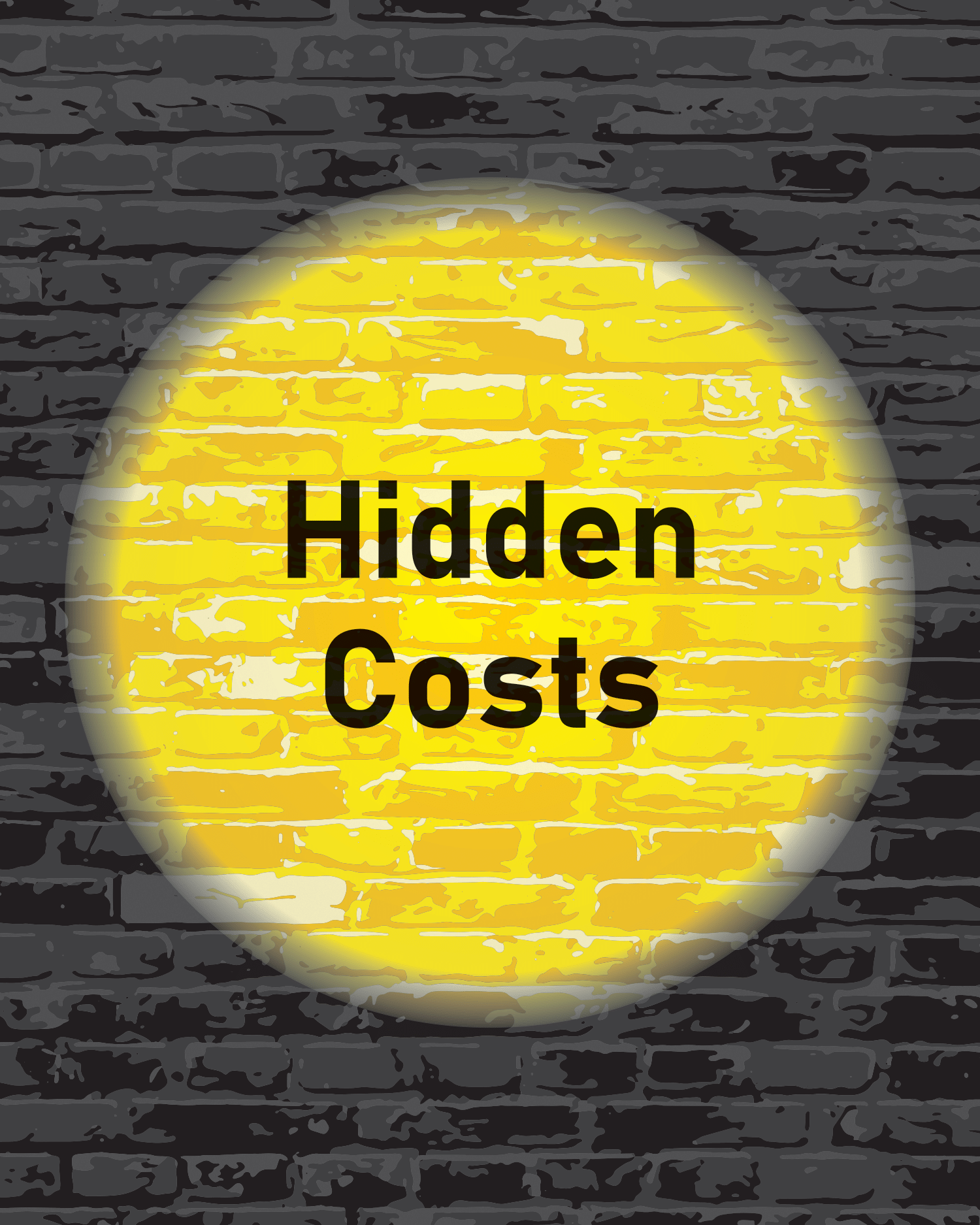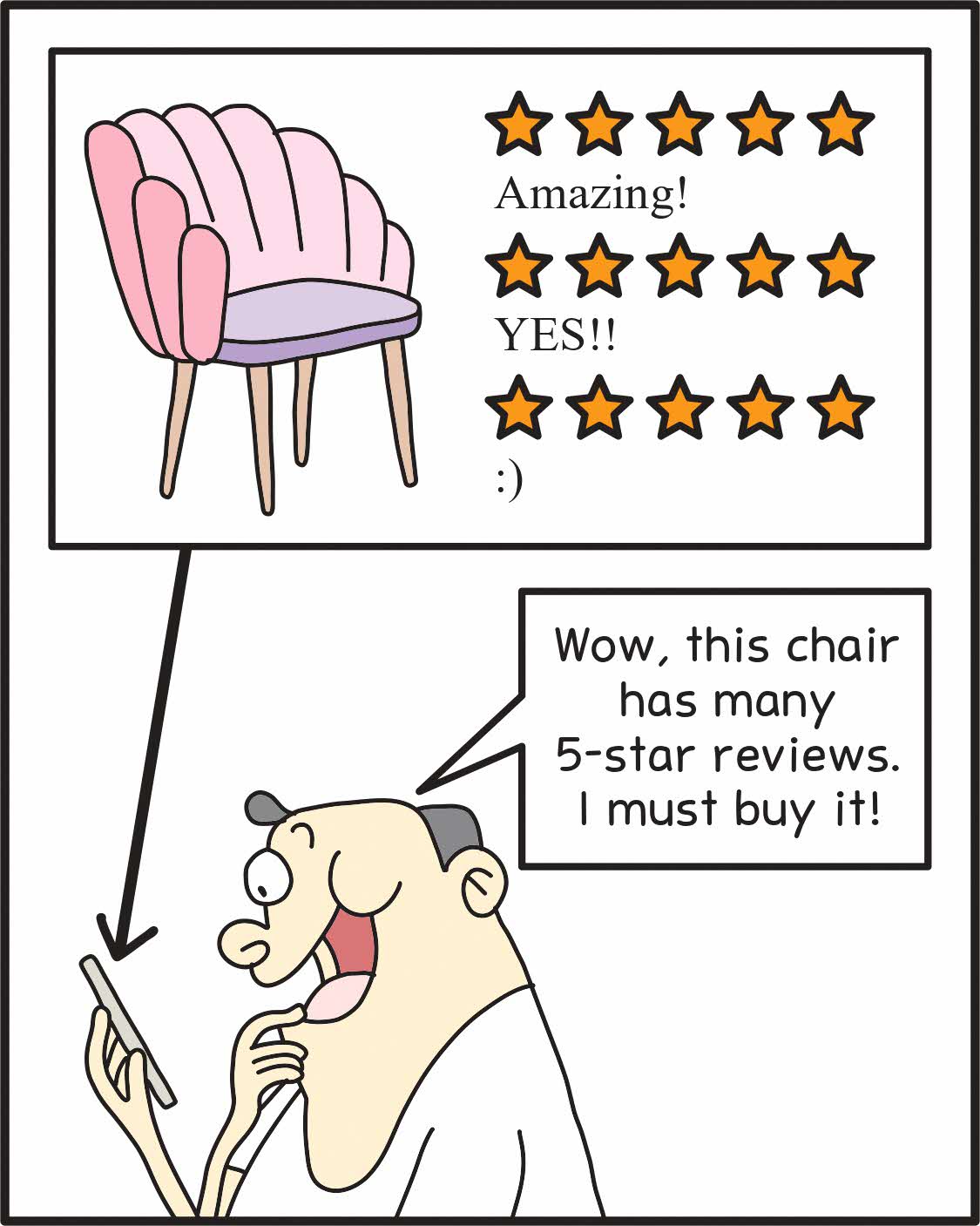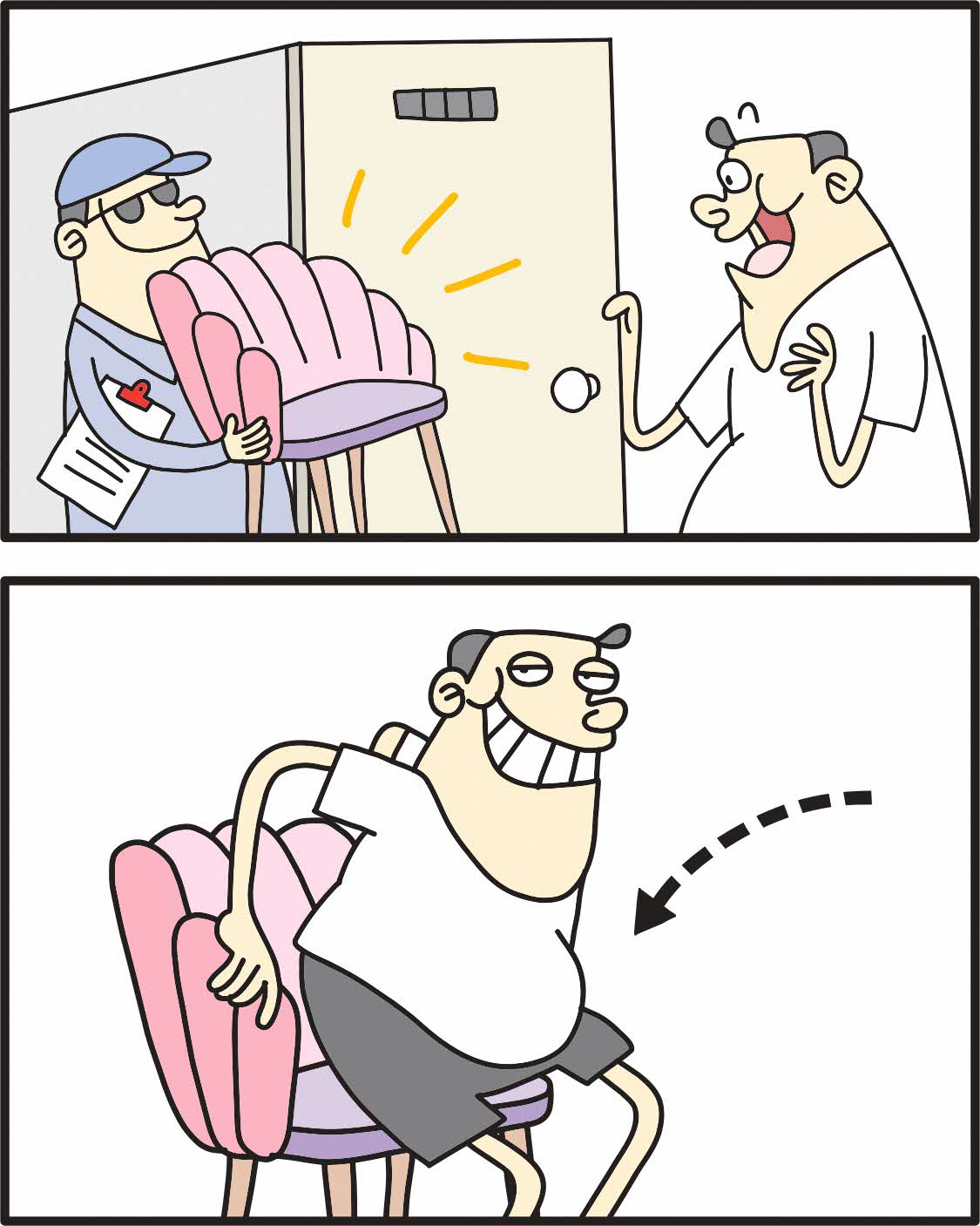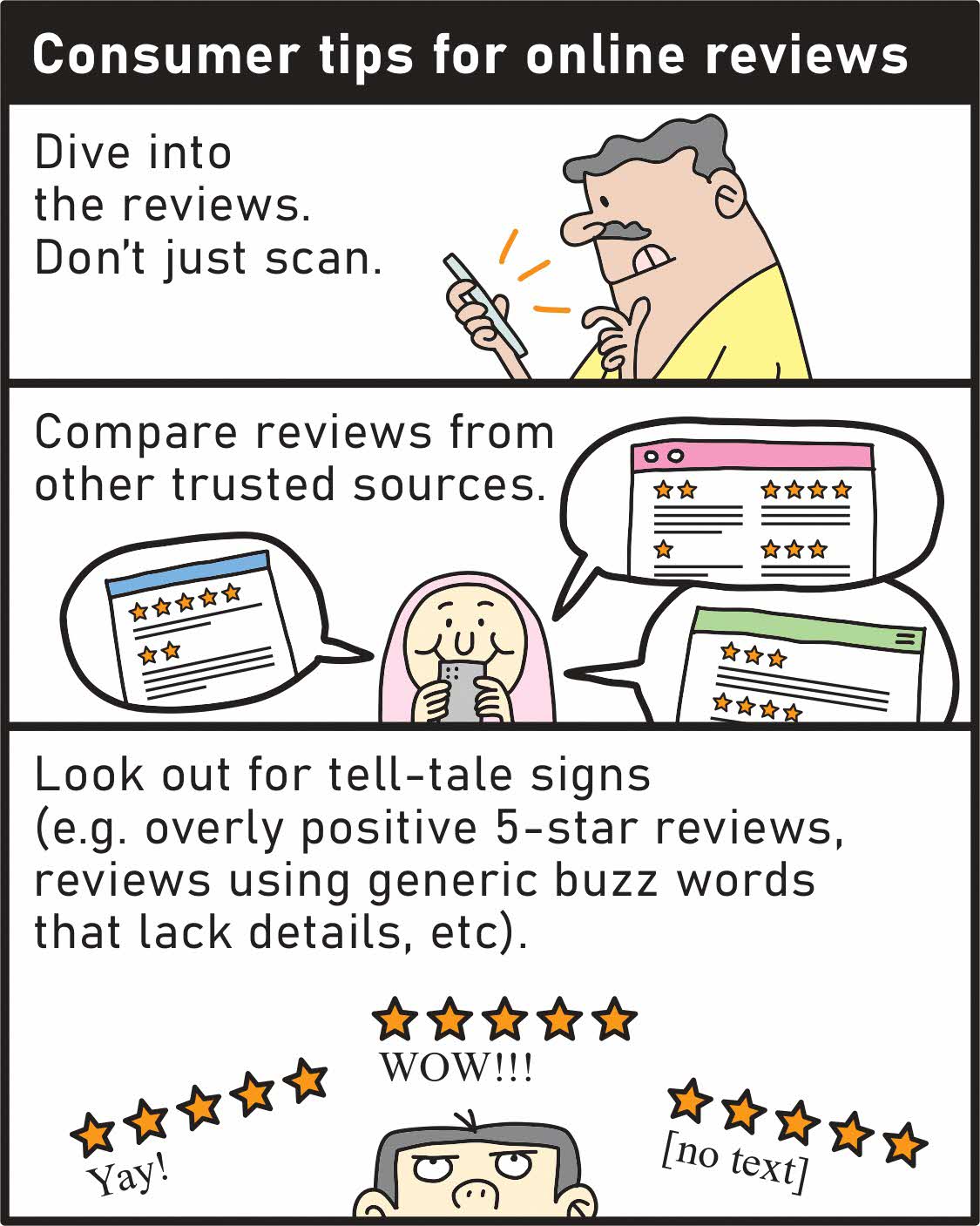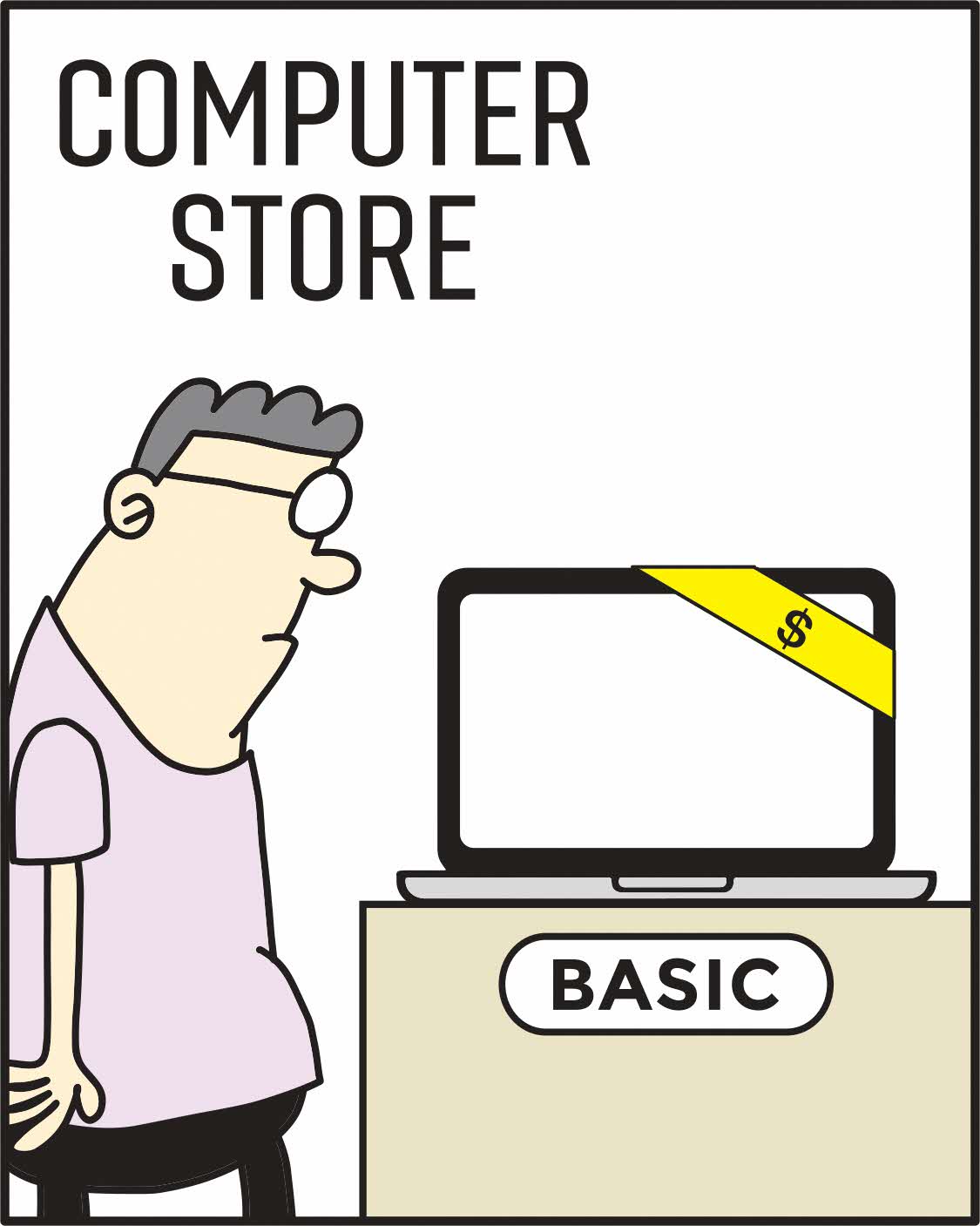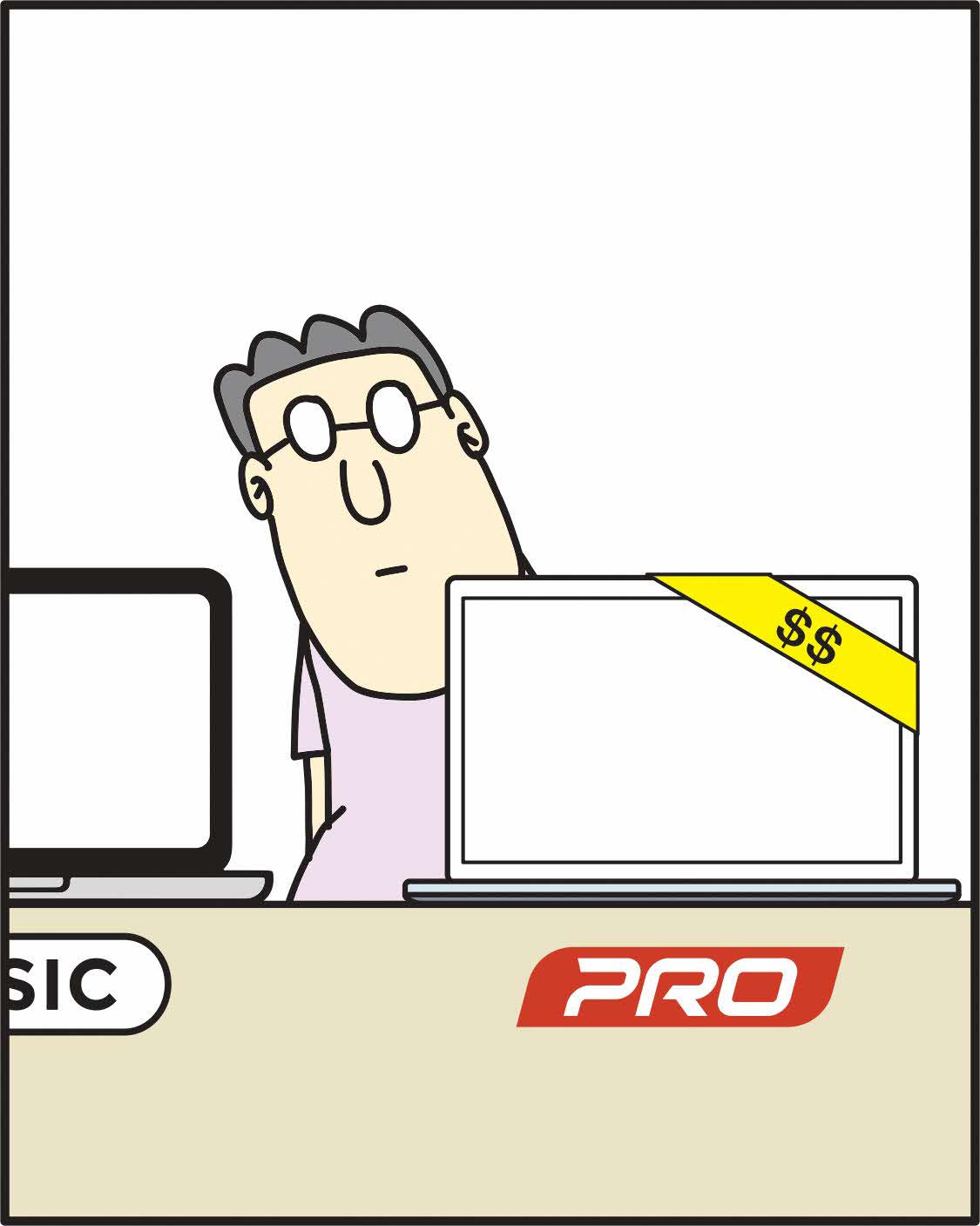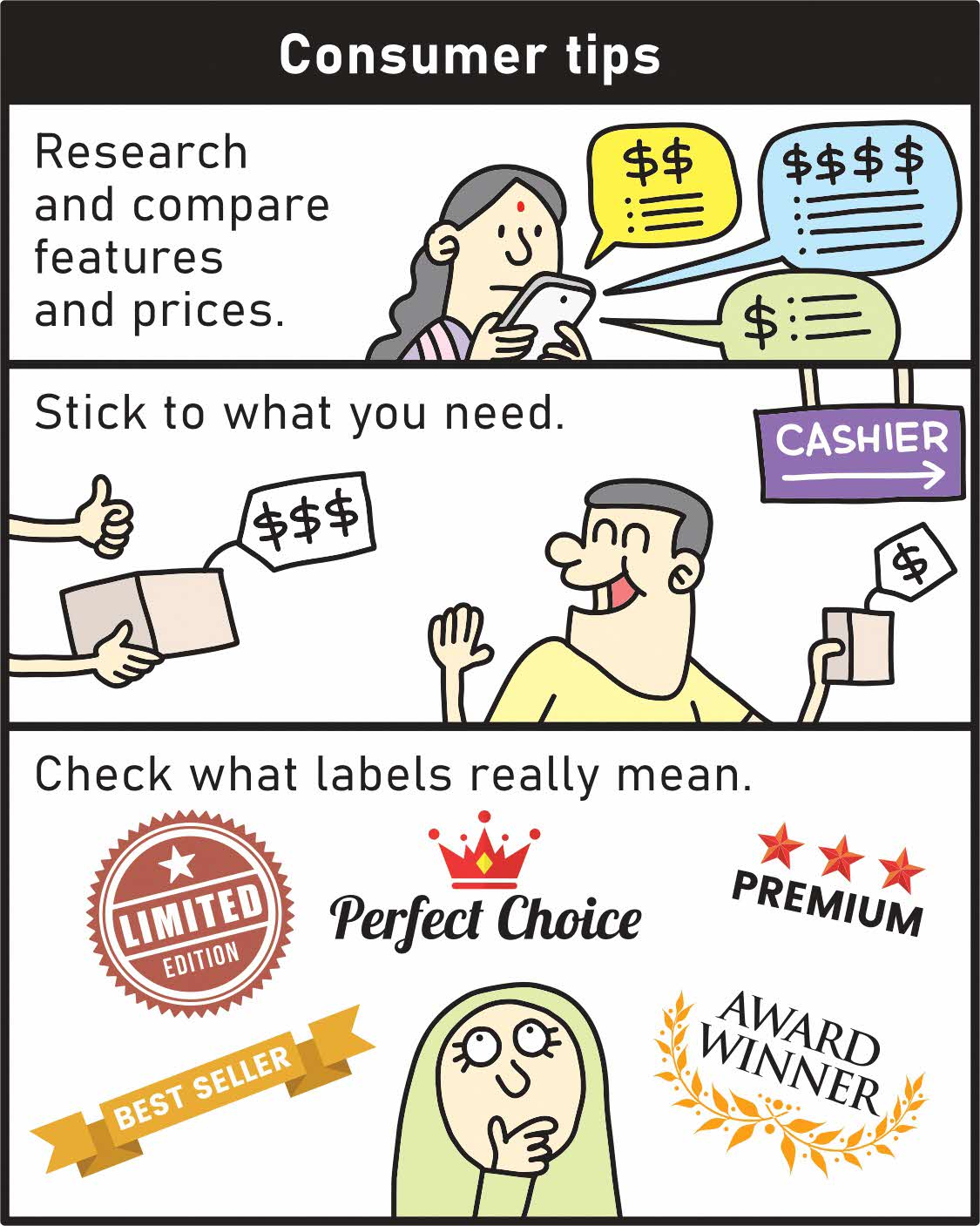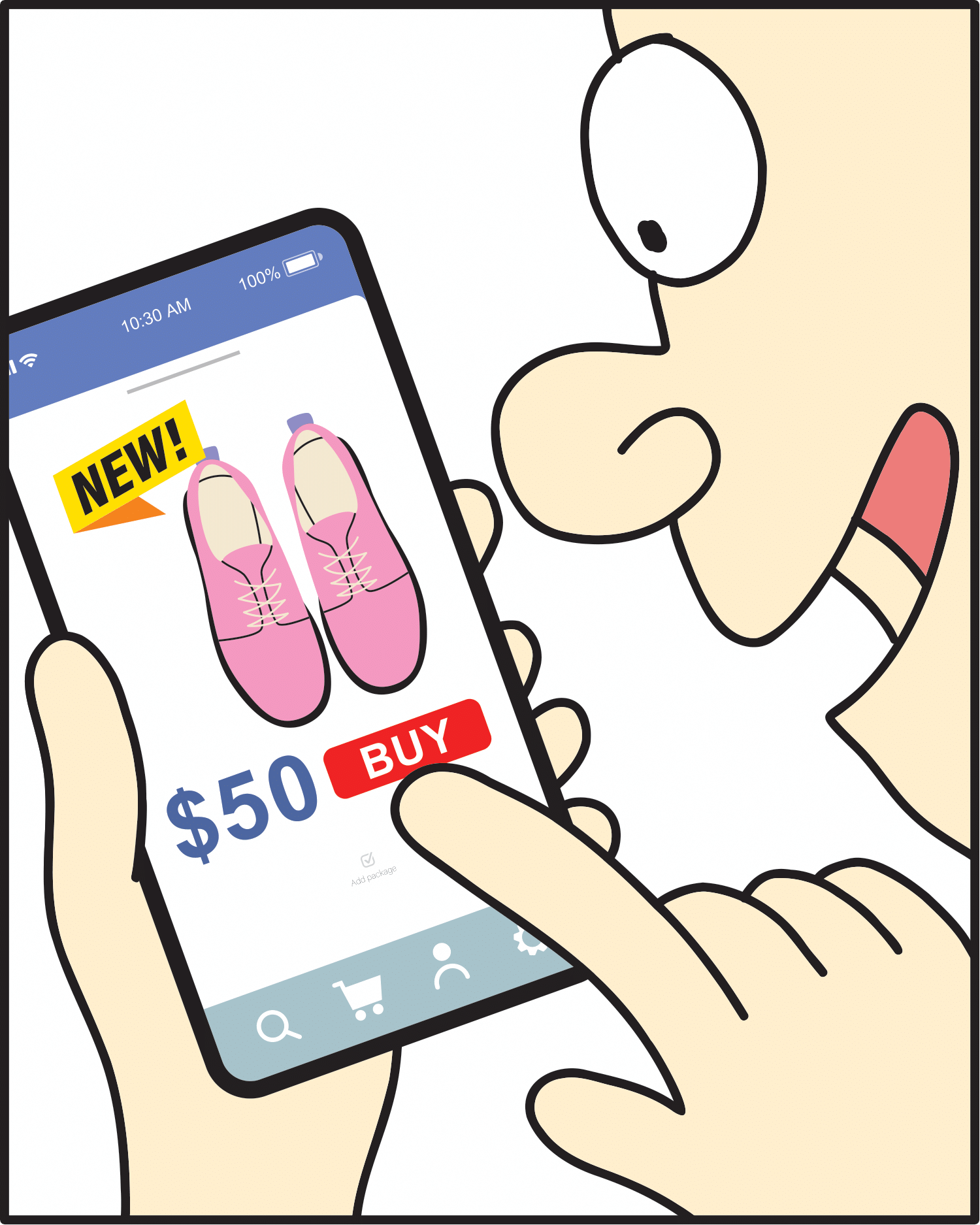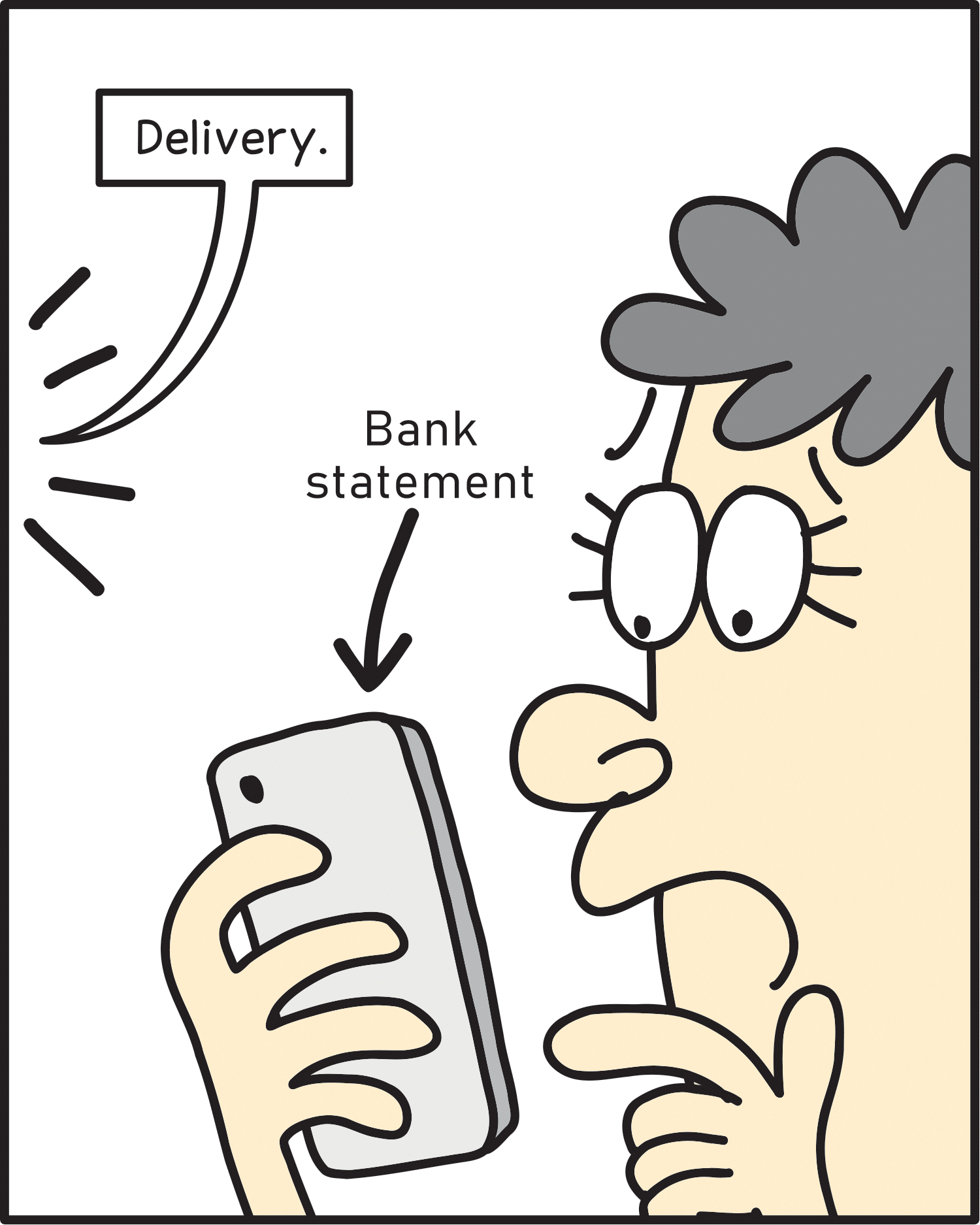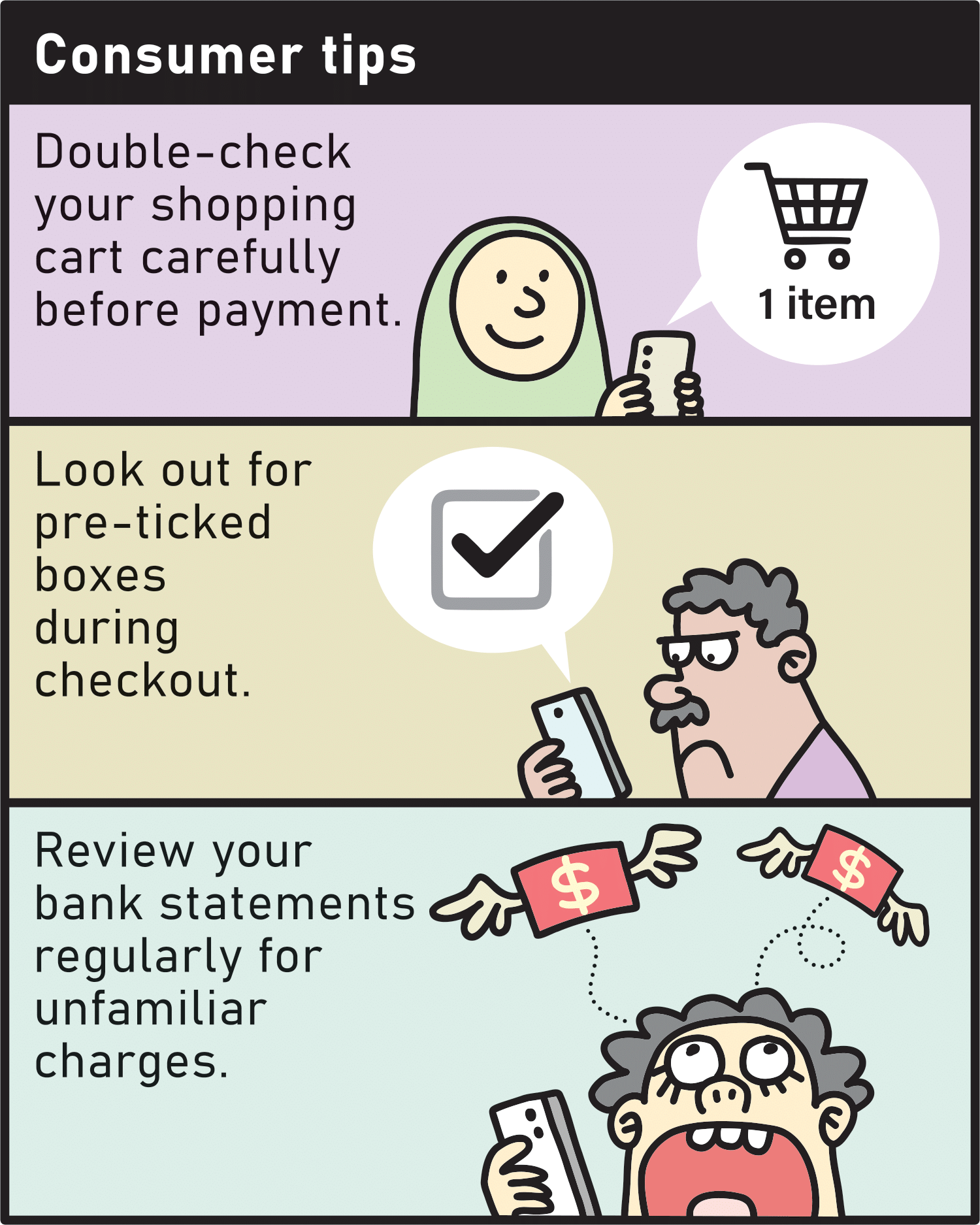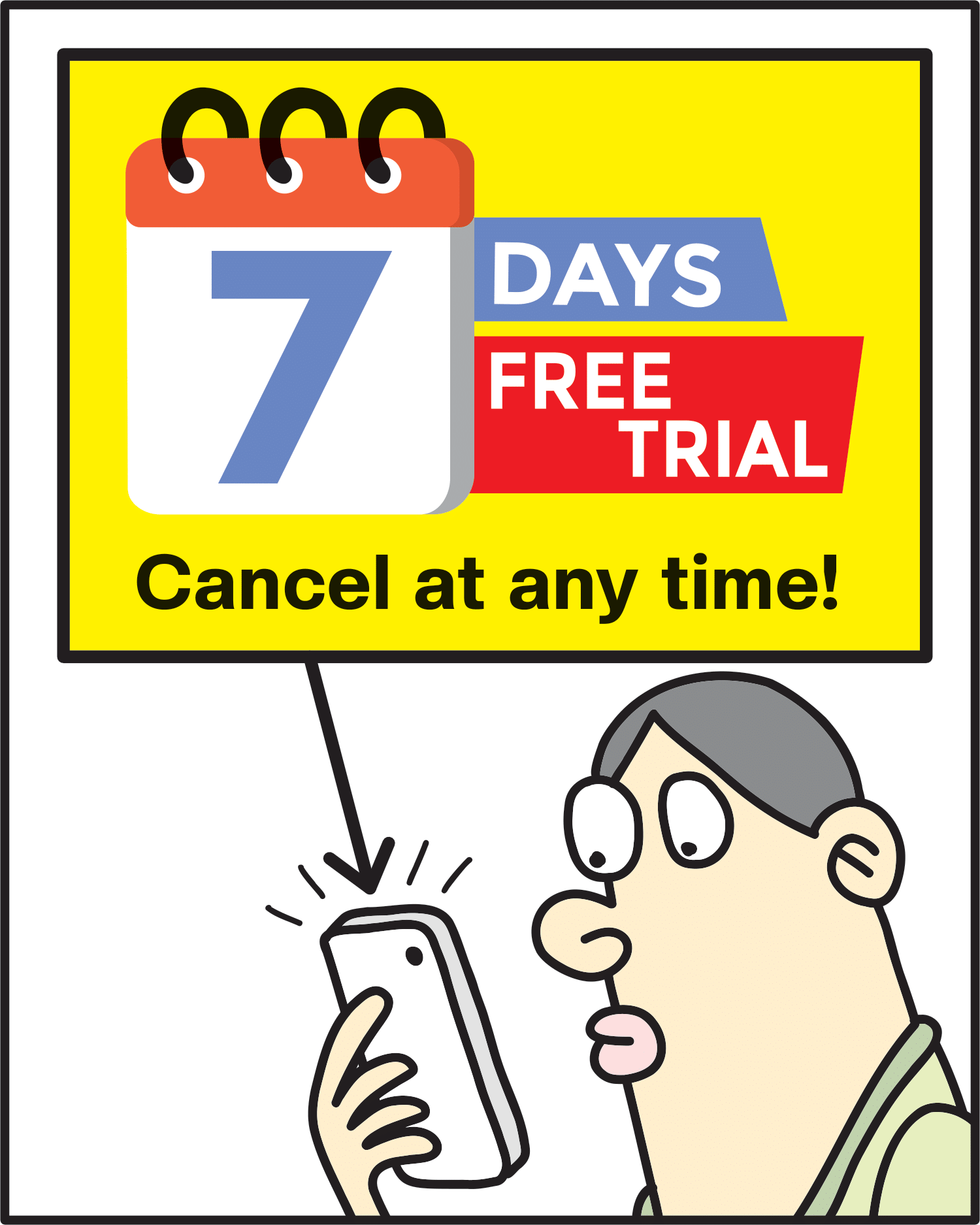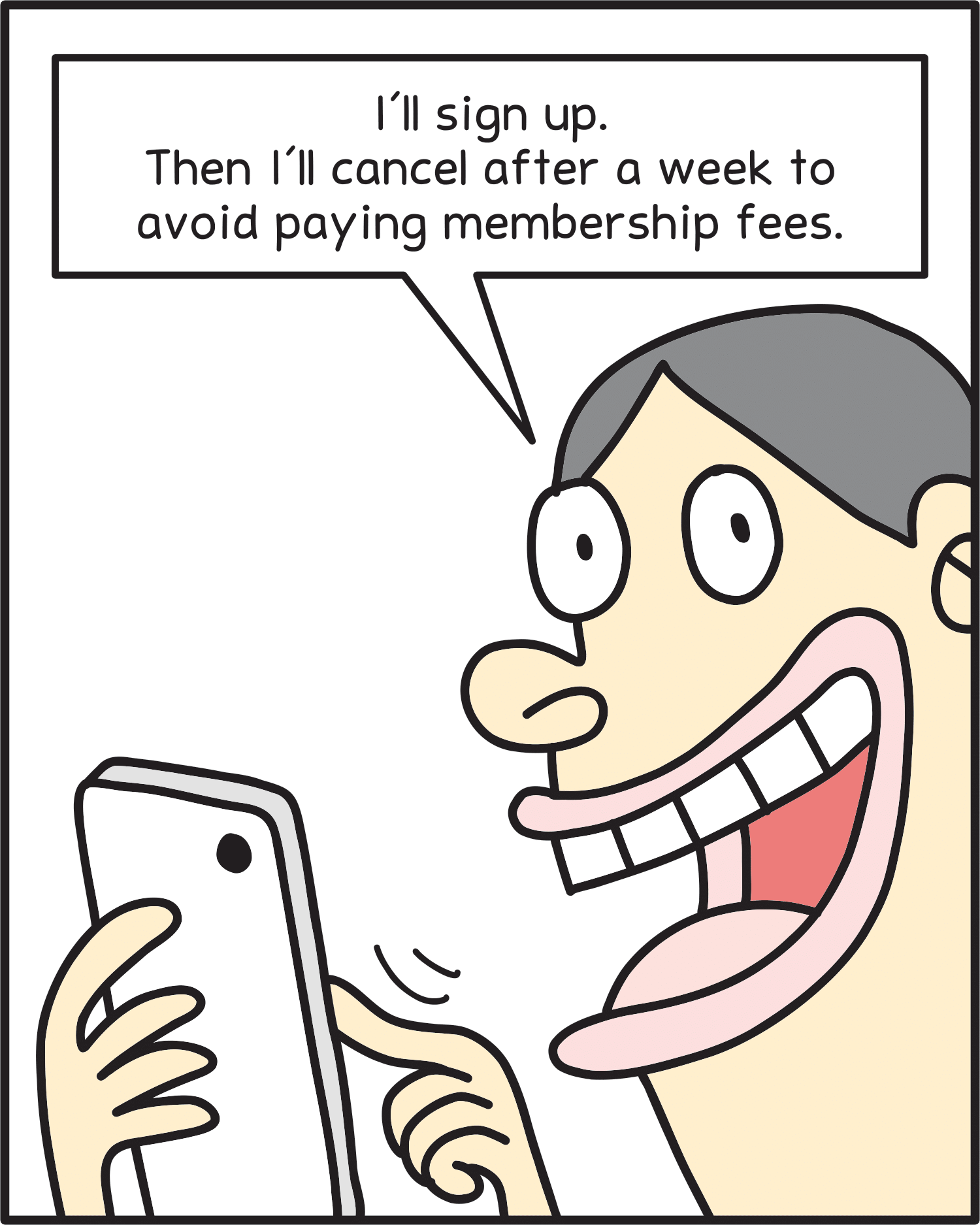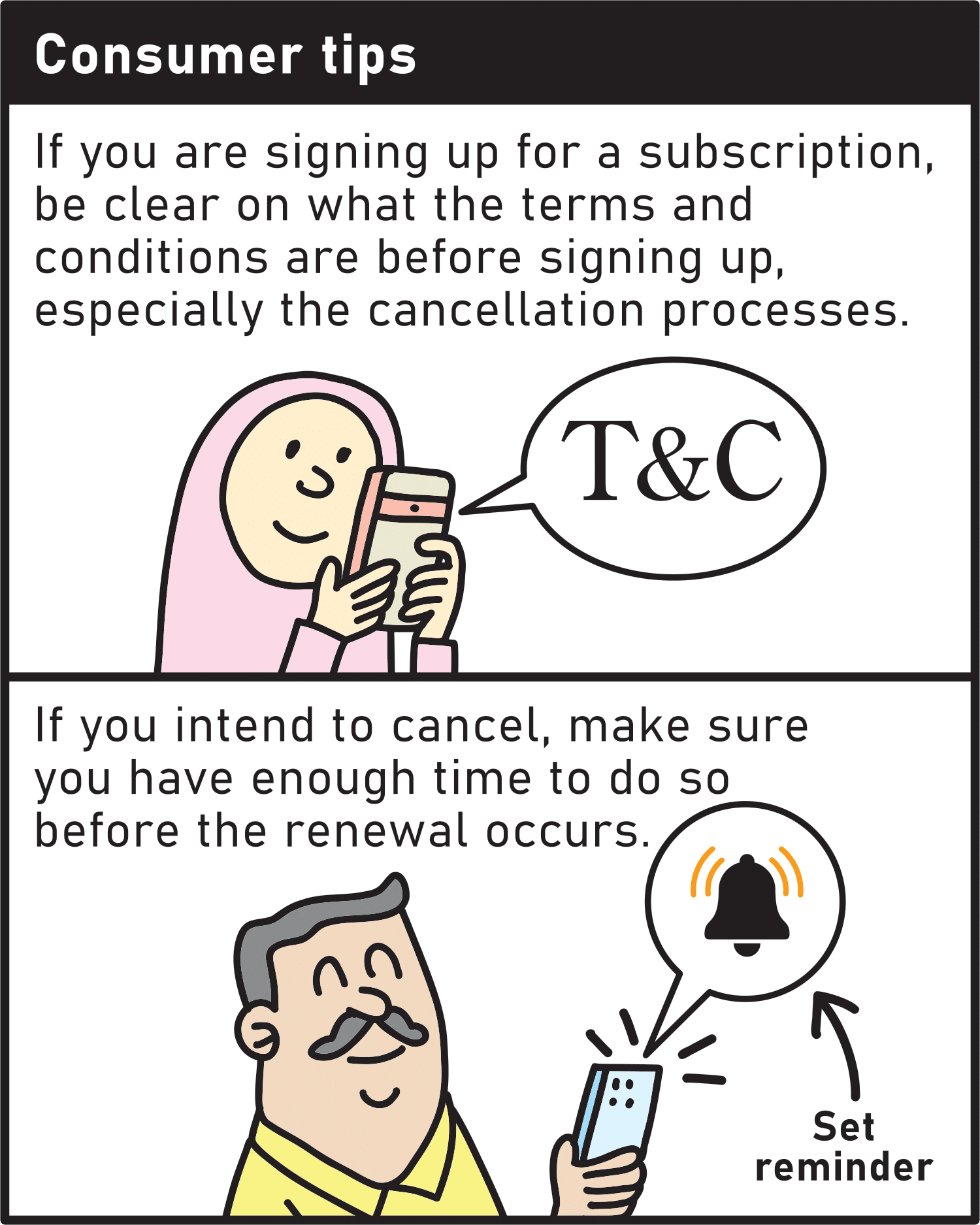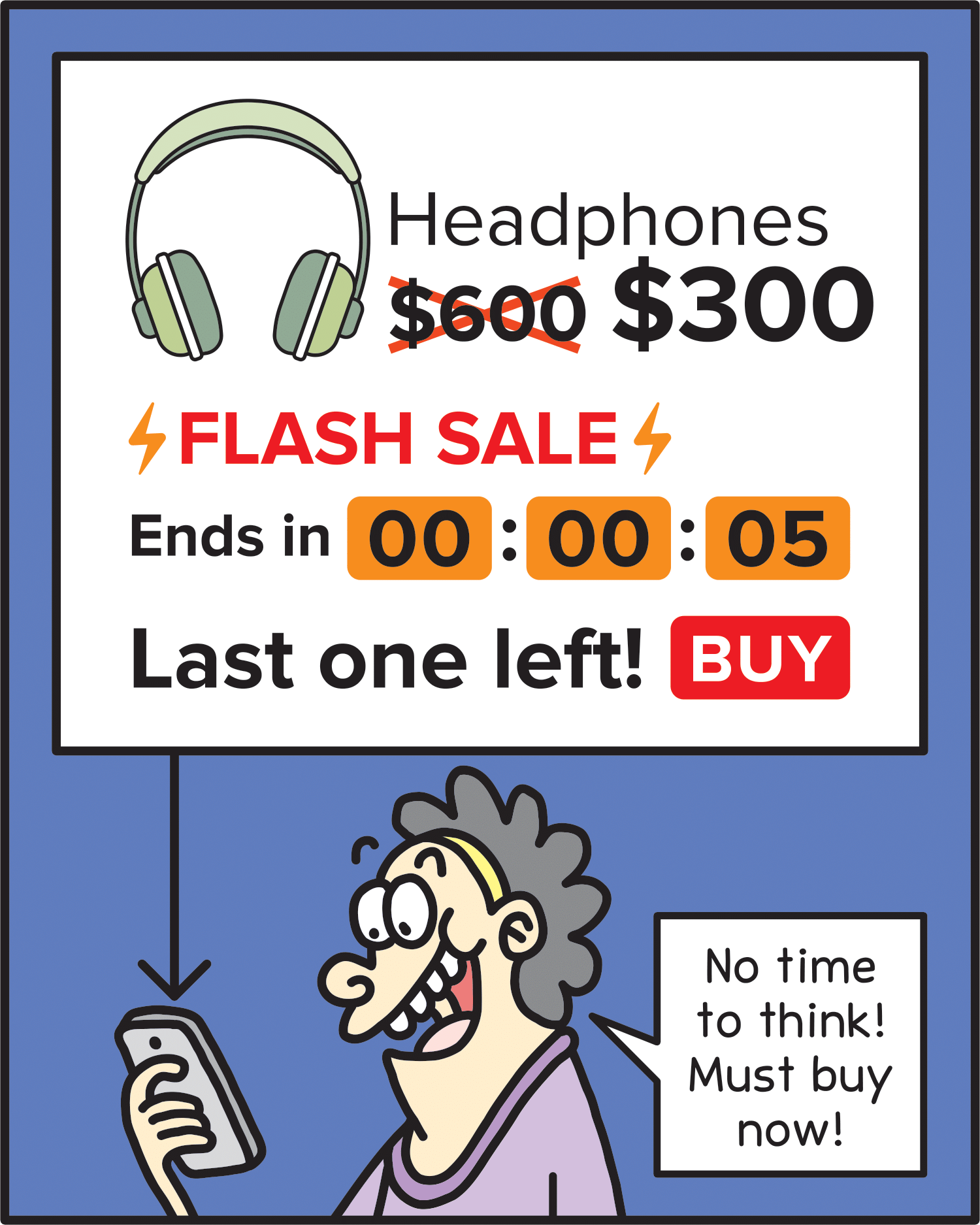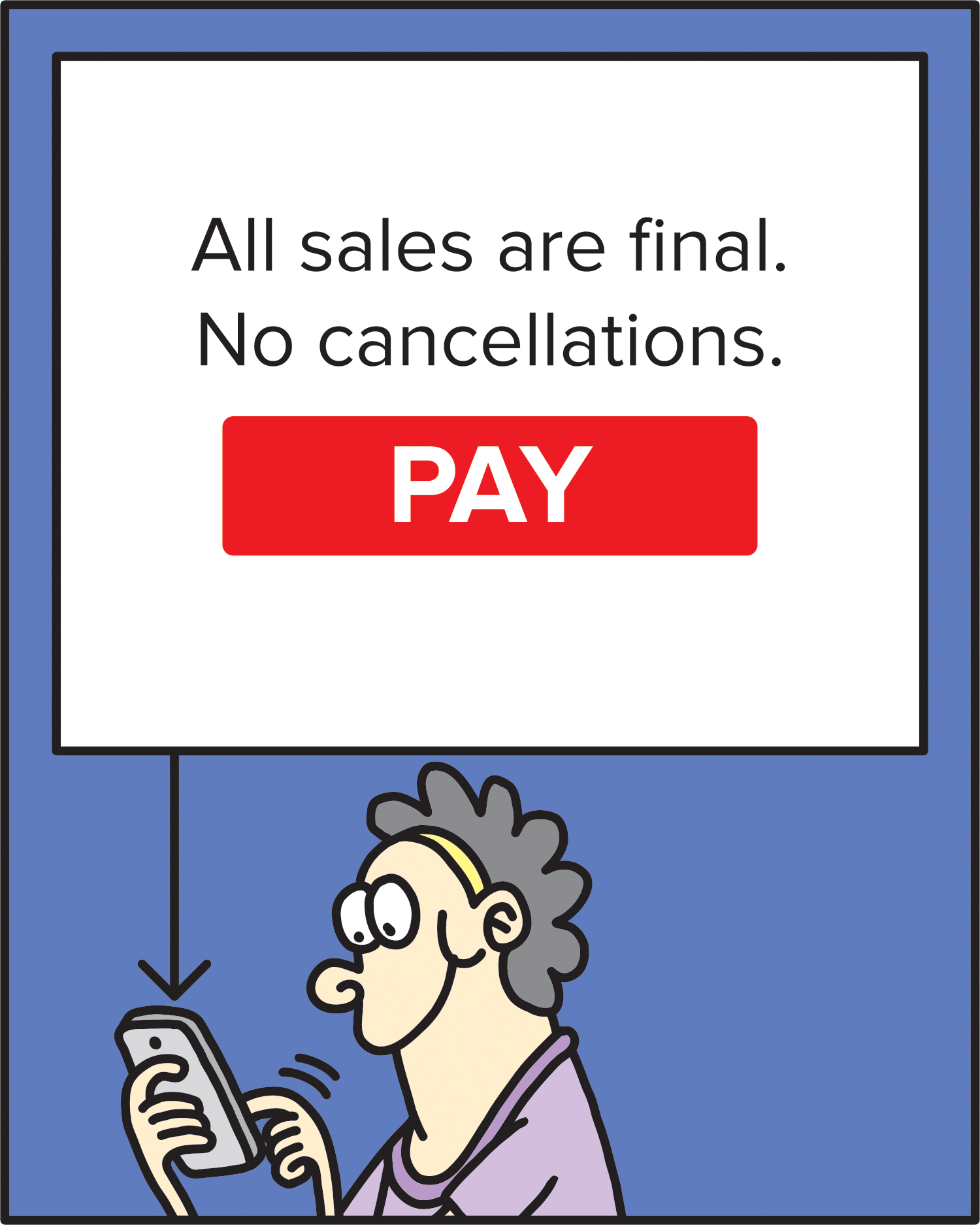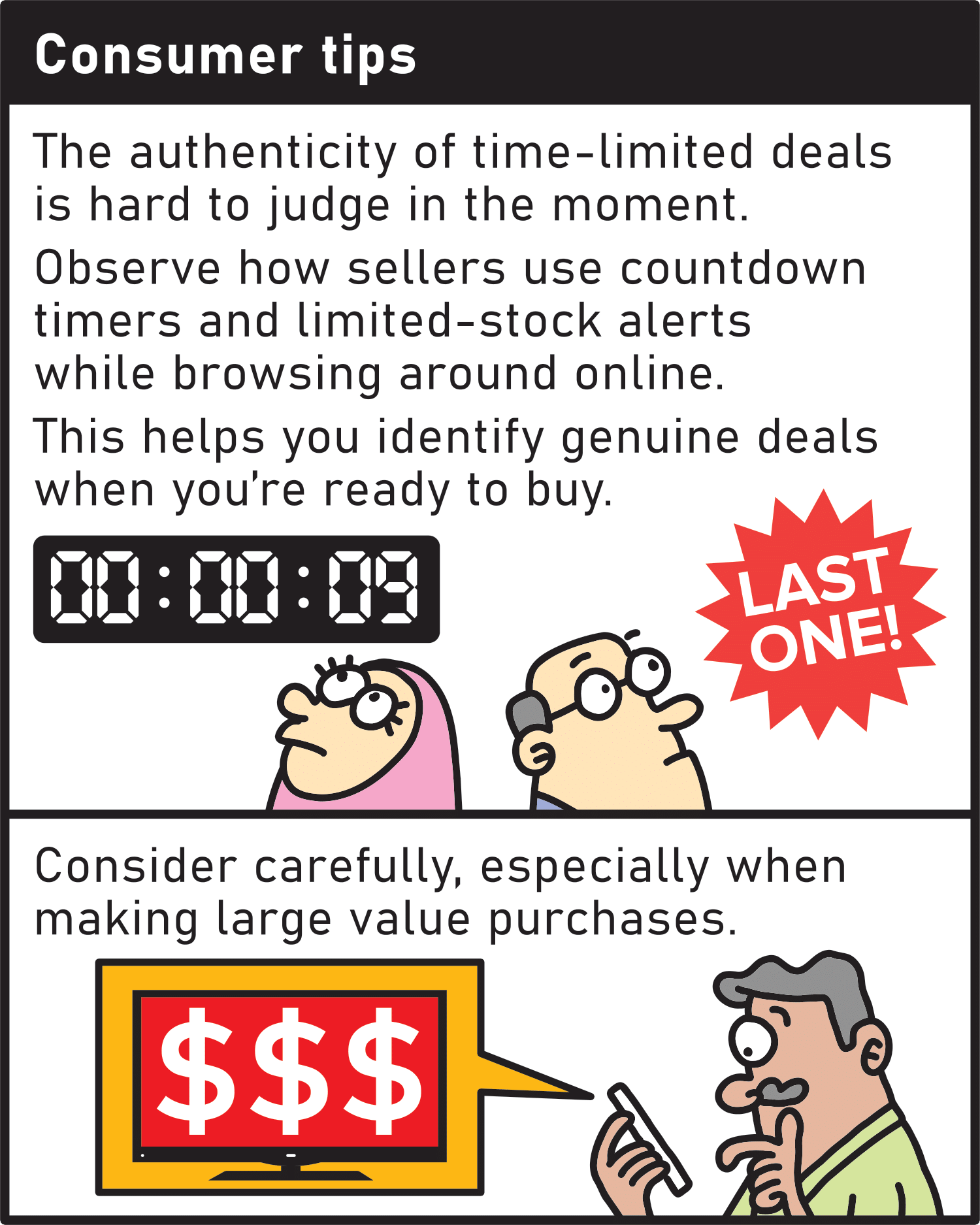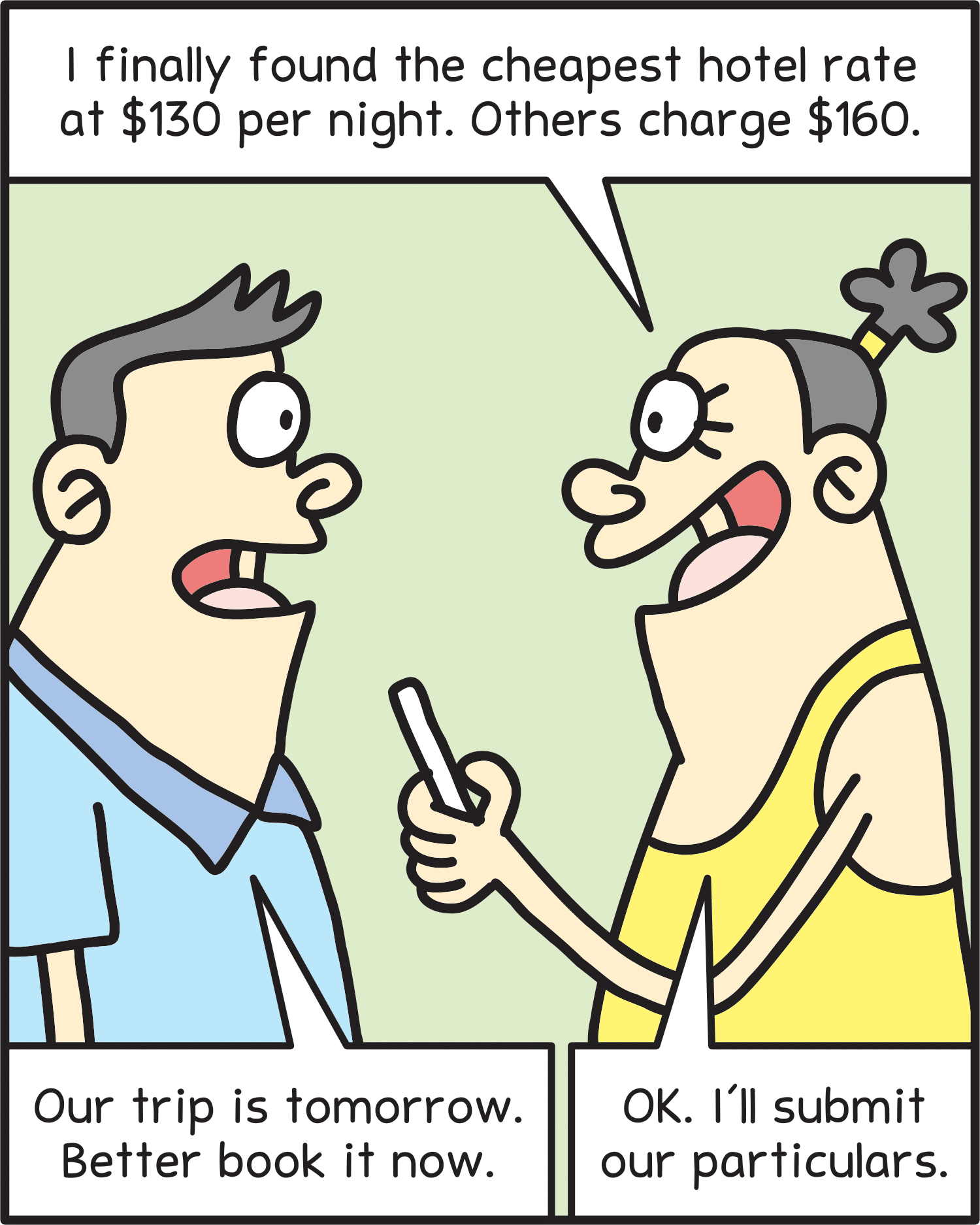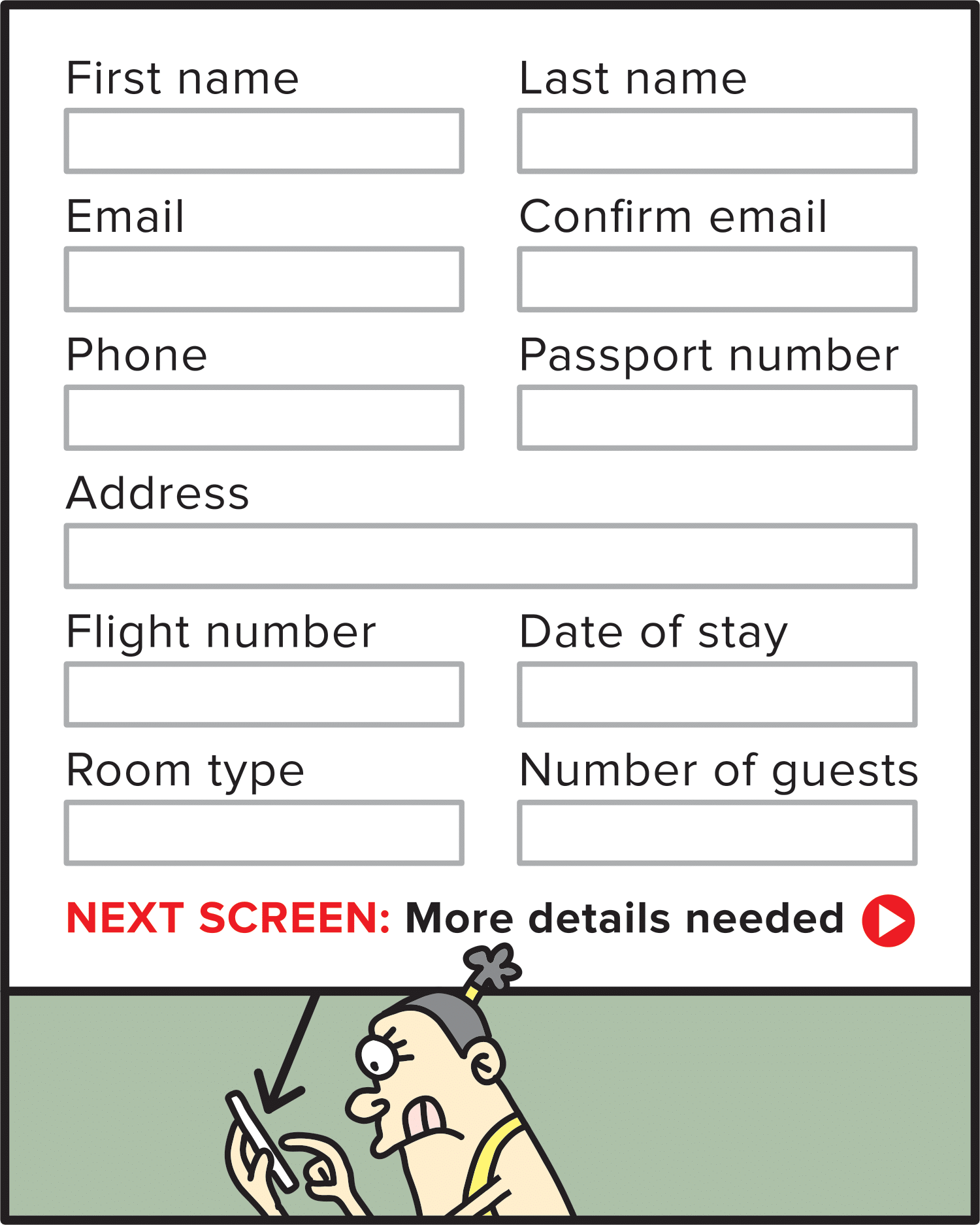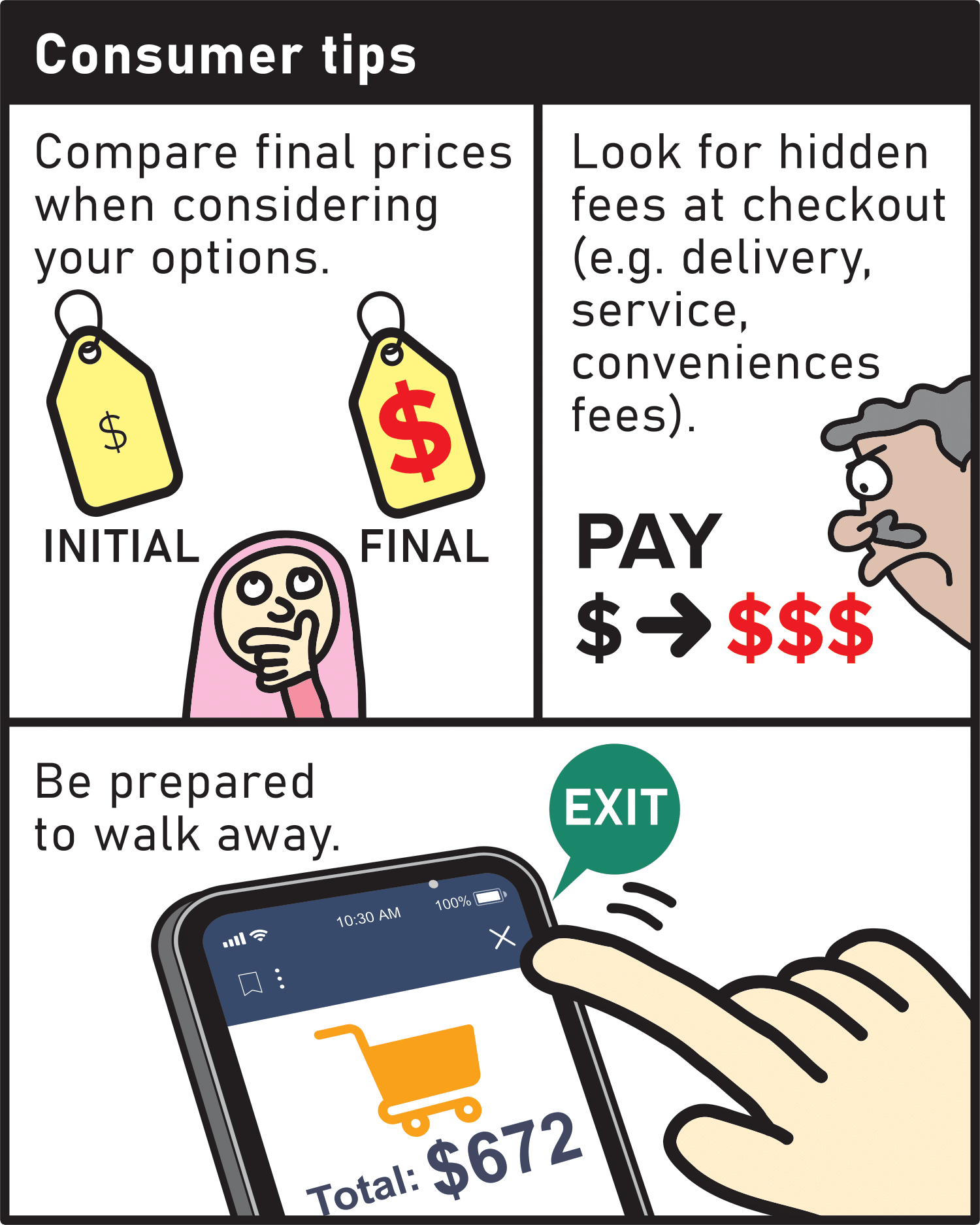- Home
- Consumer Protection
- Fair Trading Practices
- Know More About Dark Patterns
Know More About Dark Patterns
Learn what dark patterns are and how to spot them.
Fake Reviews
Consumers today frequently rely on reviews as a quick and convenient way to learn about a product to make informed purchasing decisions.
Businesses recognise this and may take advantage of consumer behaviour. They may manipulate user reviews or present them in a certain way to influence consumers in their perception of their product, e.g. by posing as customers to give 5-star reviews about their own products, or deleting negative reviews put up by genuine customers about their products or services.
There are safeguards that may be put in place by e-commerce platforms to ensure the reliability of the reviews published, e.g. ensuring only those who purchased the product can leave a review.
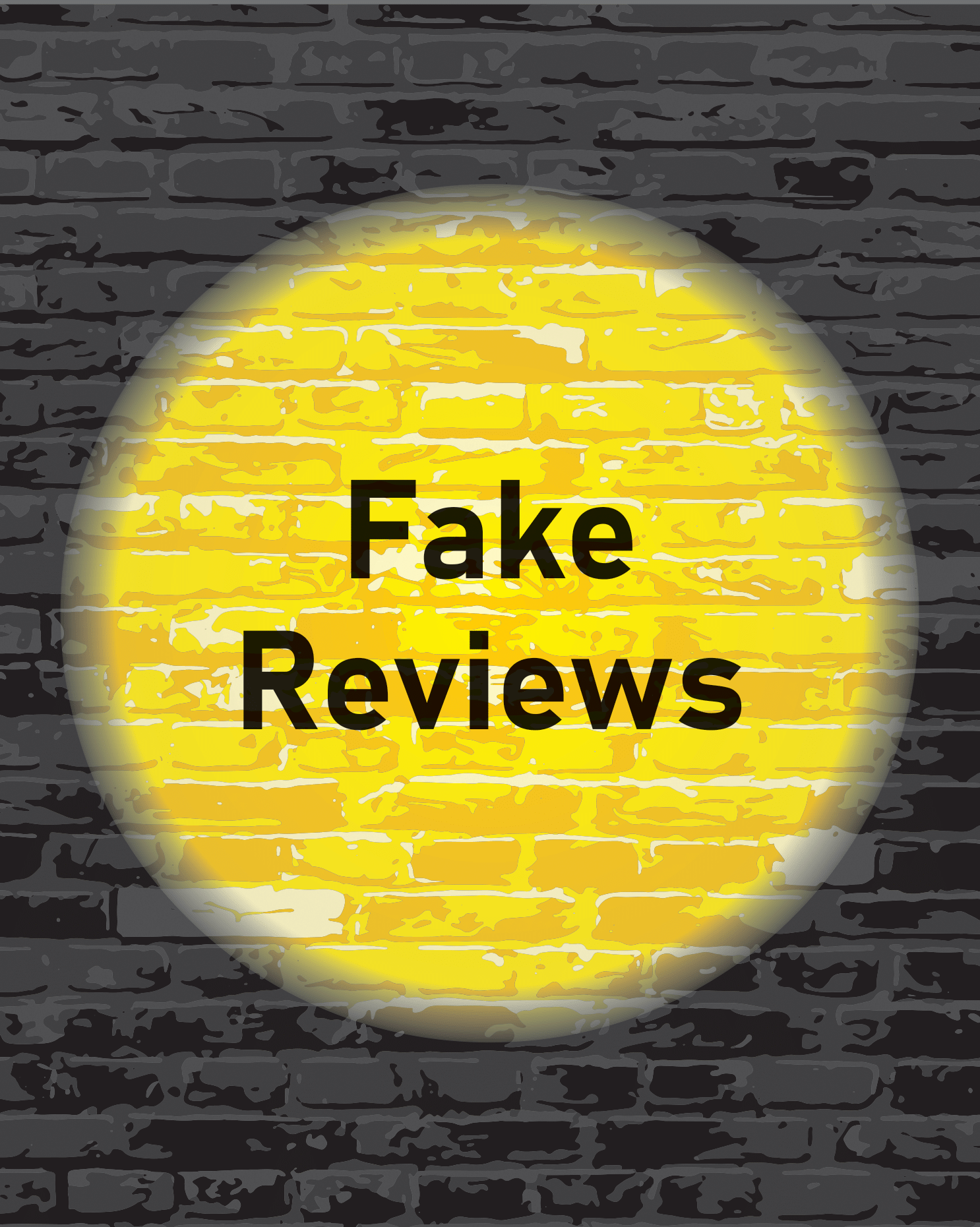
Learn more about our enforcement actions taken against businesses who posted fake reviews:
Fake Ranking
Businesses may present certain product options to look more appealing or superior, to nudge consumers into choosing them. This practice is known as Fake Ranking (also known as False Hierarchy).
Even when consumers have specific product requirements in mind when shopping, they may be steered towards certain (oftentimes premium) options that benefit the business.
Consumers may end up paying more for premium features they don’t need, when a basic option would have sufficed.
CCCS recognises that Fake Ranking can manifest in subtle, benign ways, or in a clearly misleading manner.
An example of a subtle visual cue is highlighting premium options in brighter colours.
An example of a more concerning practice is if businesses use labels like “best value” that consumers may reasonably believe to mean that the product options offer the best value, when they in fact do not.
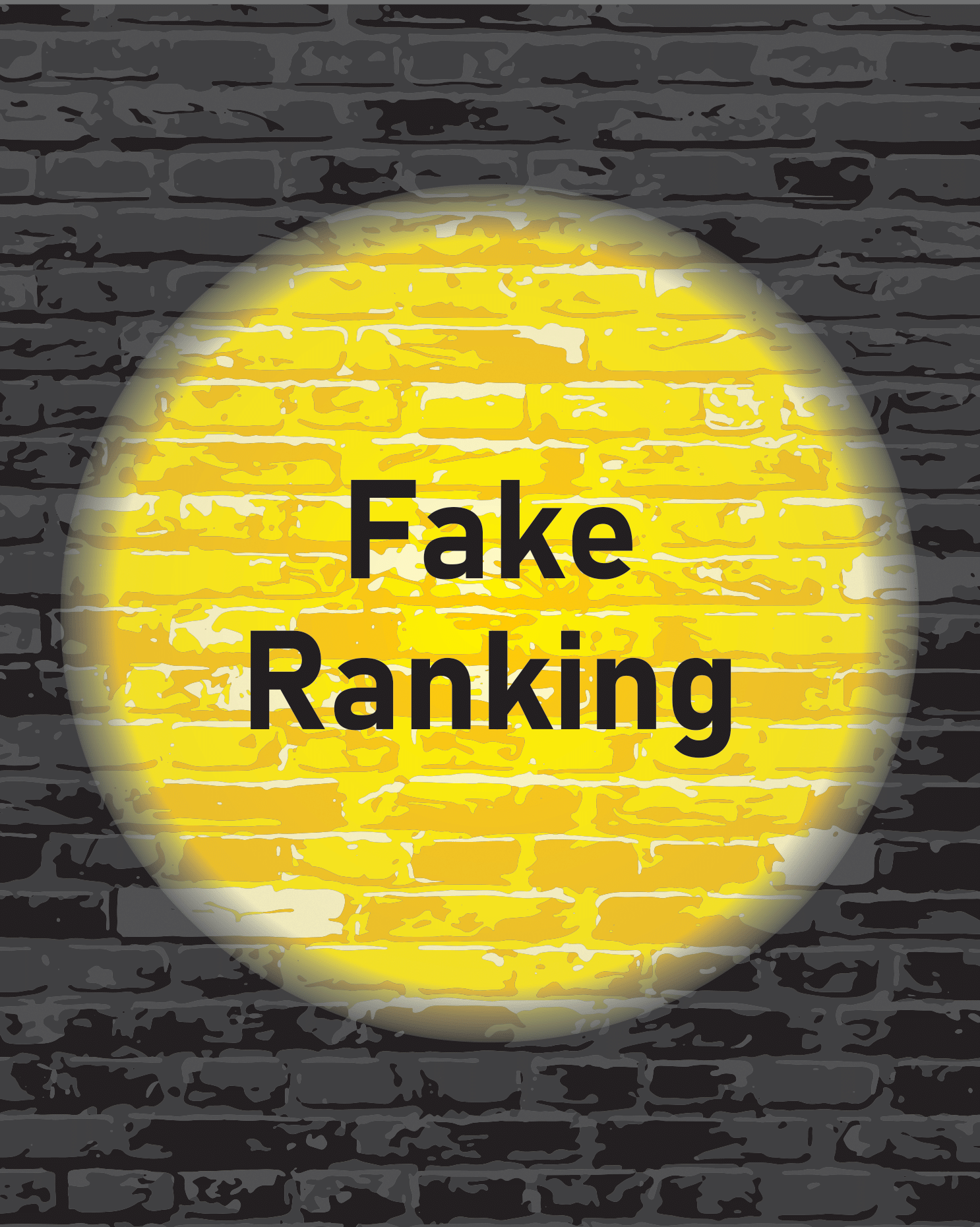
Learn more about our enforcement actions taken against businesses who have used Fake Ranking:
Sneak Into Basket
When businesses add items or subscriptions to your shopping cart without clearly telling you (e.g. using pre-ticked boxes), hoping you won’t notice it before your payment. CCCS is concerned as consumers may end up paying more for unwanted products or subscriptions that they were not aware of.
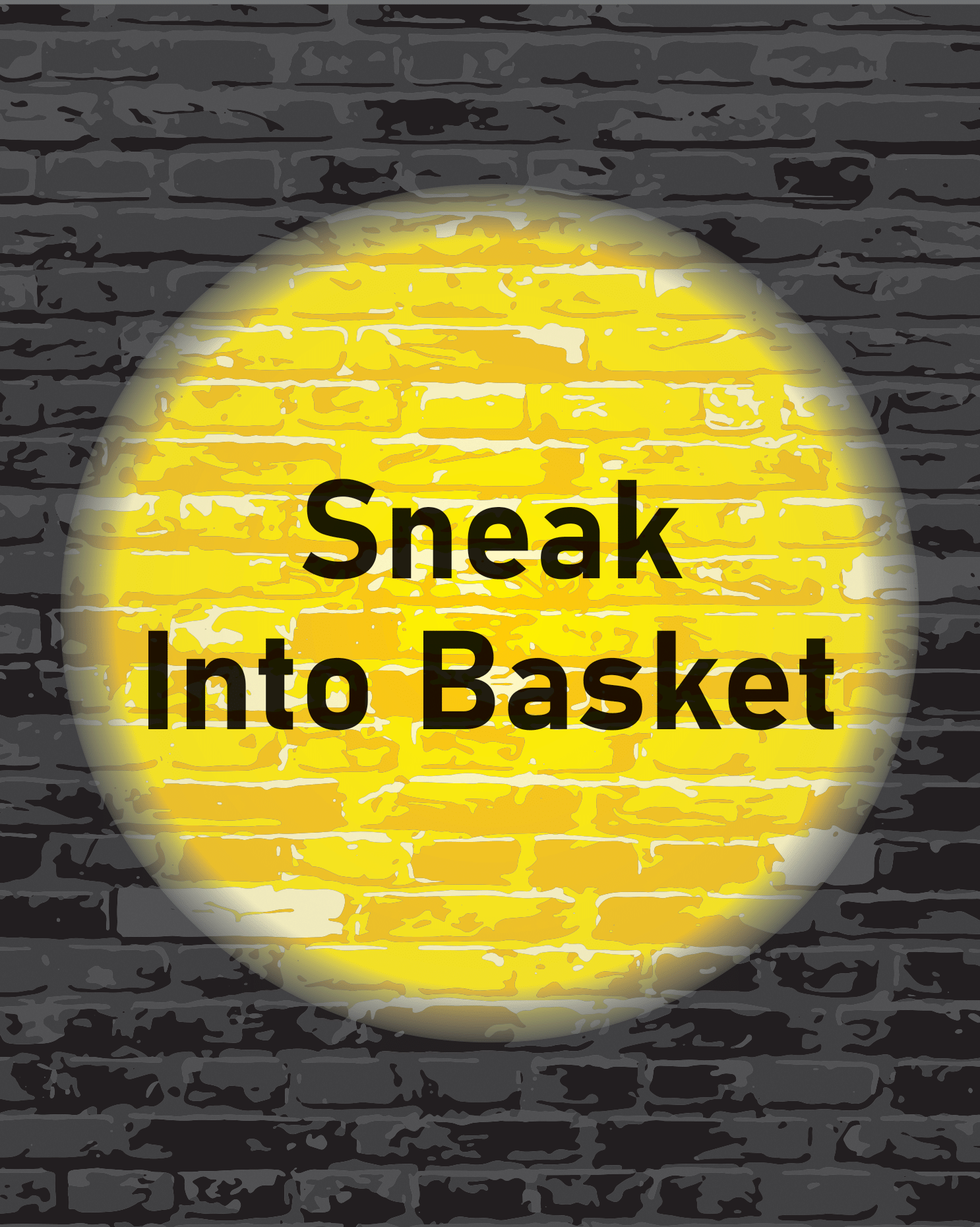
Click the link below to learn more about our enforcement actions taken against businesses who used sneak into basket.
Subscription Trap
When businesses make it very easy to start a subscription but make it unnecessarily difficult or confusing to cancel.
For example, businesses may attract consumers to sign up for “free trials” that are easy to sign up for with the click of a button. But when consumers try to cancel within the trial period, they realise it is very difficult to cancel and doing so may involve multiple steps such as needing to visit the business premises in person.
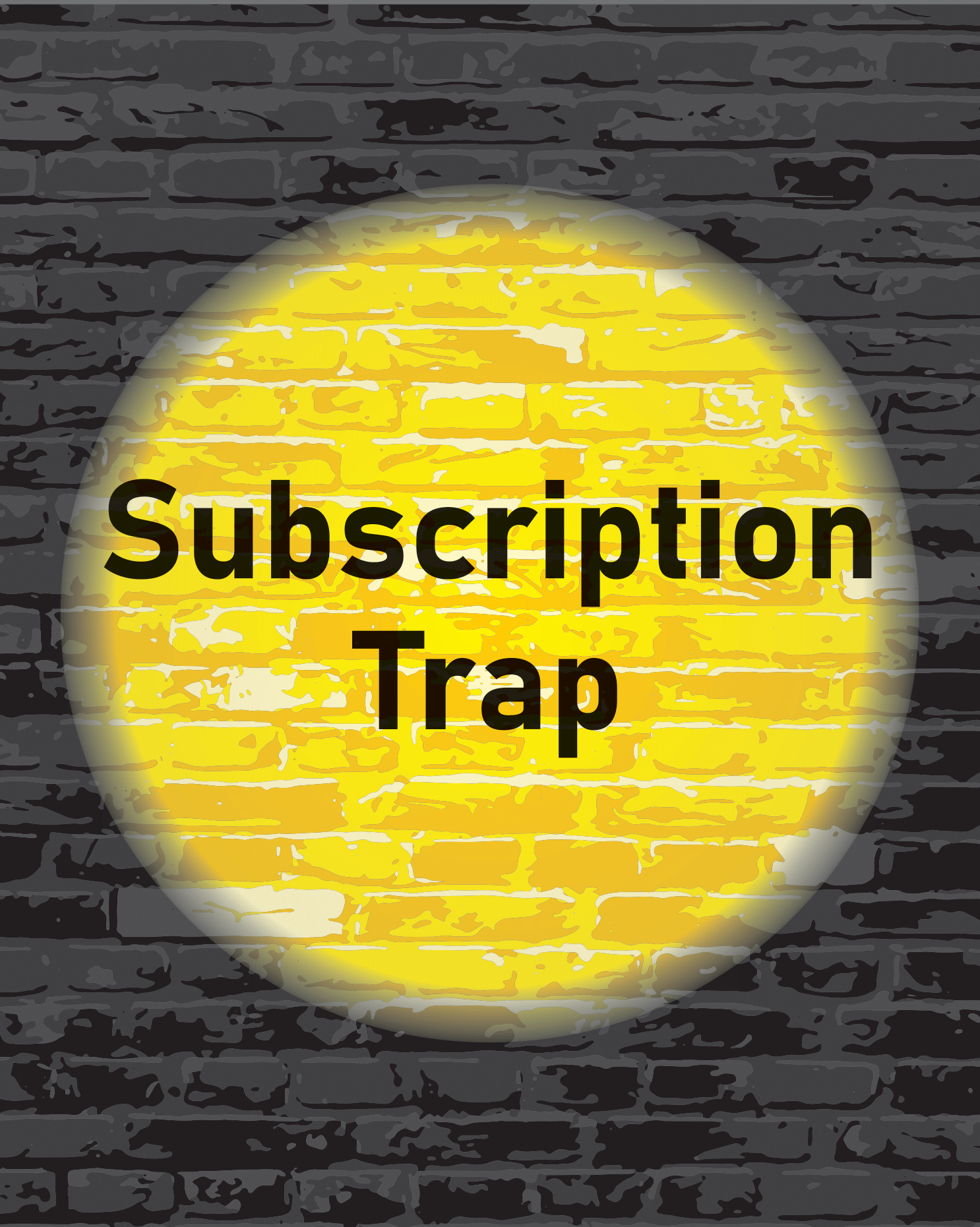
False Urgency
You may feel pressured into making purchases when you see “time-limited offers”, oftentimes accompanied by a countdown timer, or indications that you will lose out if you do not buy immediately, such as “Hurry! 7 other people are looking at this right now. Only 2 units left”.
CCCS is concerned if there is no reasonable basis for businesses to make urgency or scarcity claims. Businesses must be prepared to back up any urgency or scarcity claims made.
Click the links below to learn more about our enforcement actions taken against businesses who created a false sense of urgency:
• CCCS Raises Concerns Over Problematic Features on Agoda’s Website
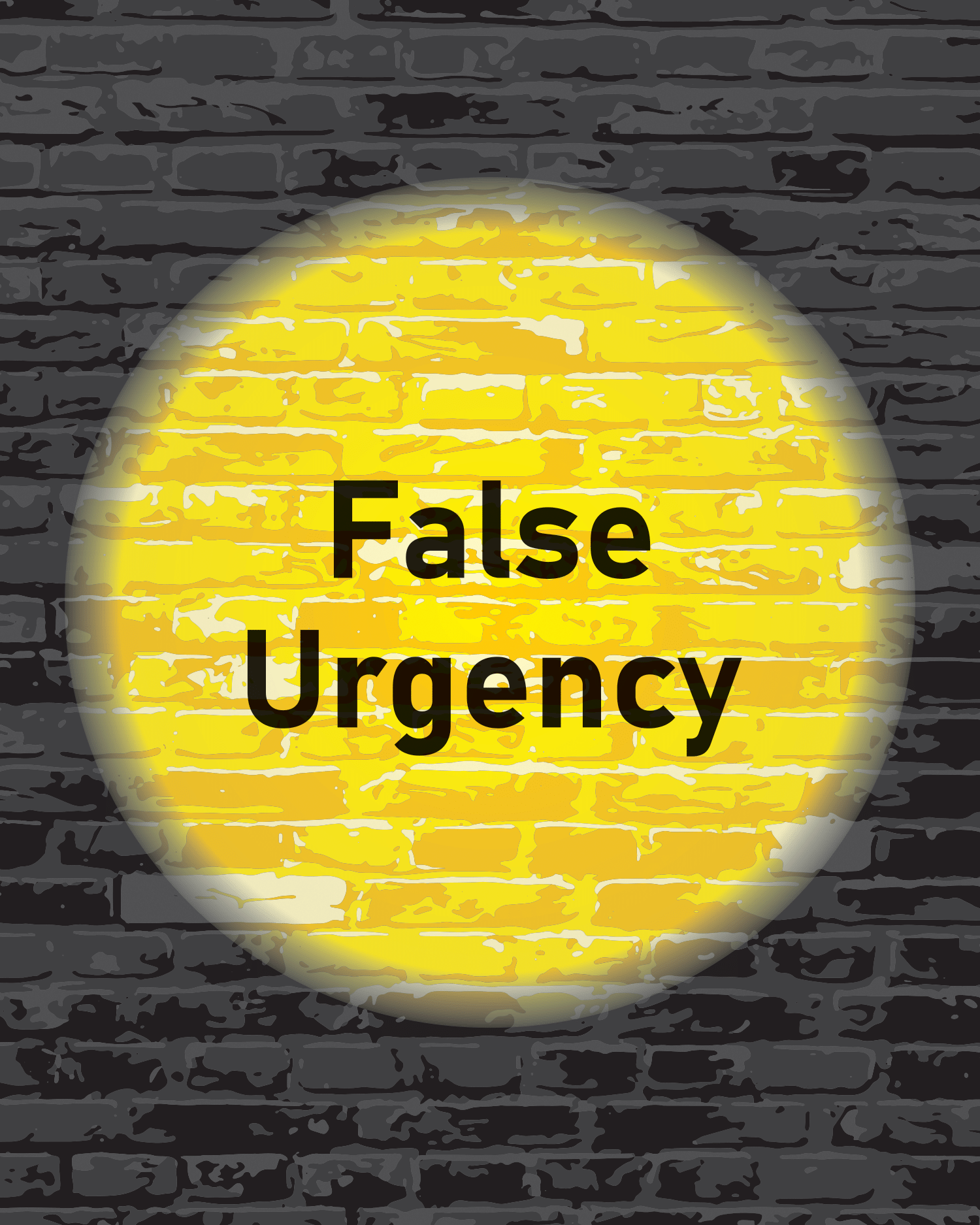
Hidden Costs
Businesses show a low headline price to entice consumers. Consumers are then subjected to unnecessary and lengthy purchasing processes. This could include filling up personal details which are not necessary for arriving at the final price. After the consumer has invested time and effort into this process, they realise at the checkout page that they are subjected to mandatory fees. This practice makes it difficult for consumers to make well-informed purchasing decisions as it takes a lot of time and effort to compare prices.
